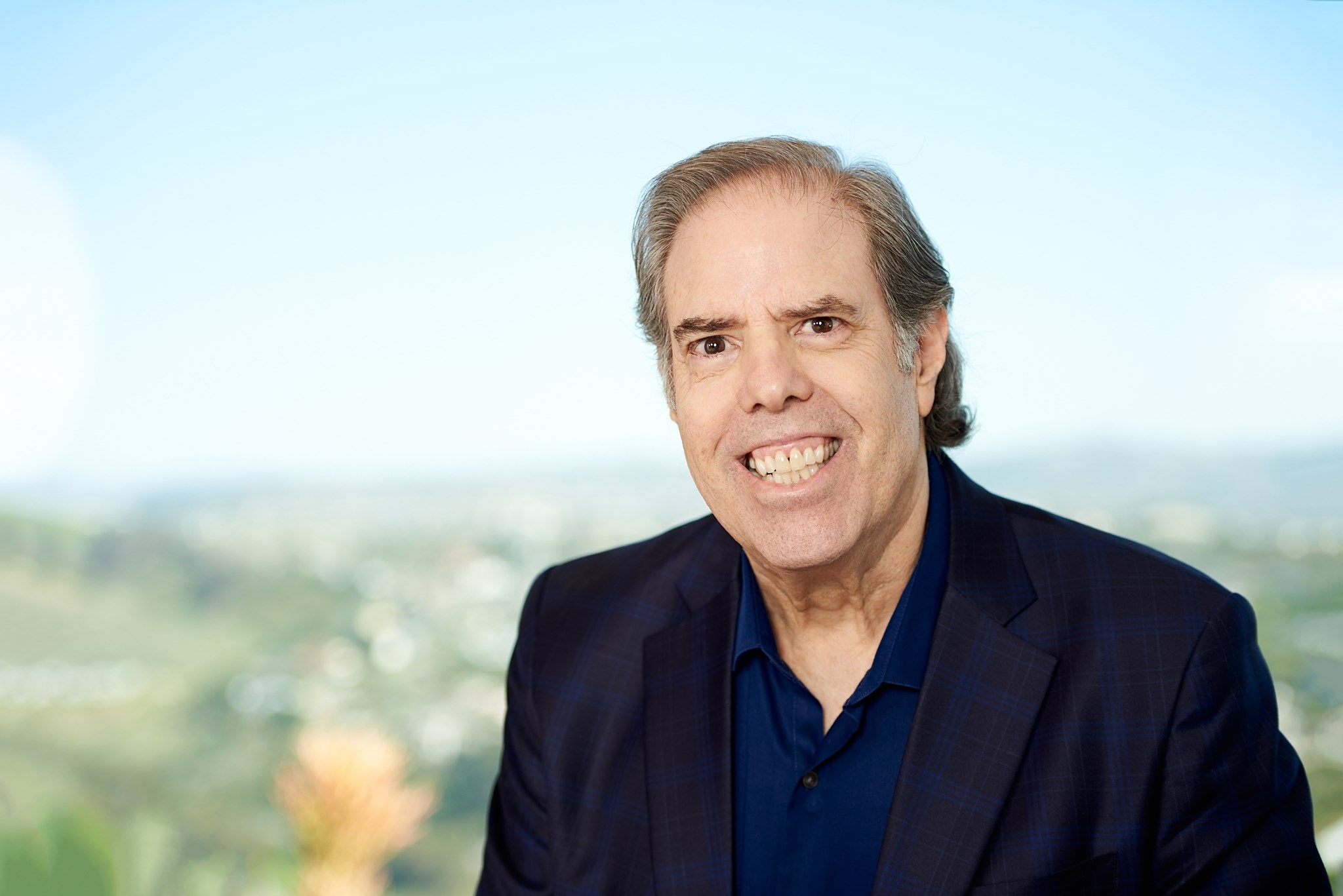This article was co-authored by Sarah Samuel.
The recent outbreak of COVID-19 has created a lot of uncertainty in every area of our lives as our finances, personal health, and immediate futures are subject to so much that is out of our control.. Many are forced to work from home, cancel events and meetings, and even close shop or let go of employees. Many people are homeschooling their children amidst the chaos. It is more important now than ever to be a conscious leader for your business, your family, and your community.
Being a conscious leader in unsettling times means maintaining perspective – trusting that you’ll be okay, focusing on human connection, and having the presence to learn from this experience. If you want to be successful in moving through a crisis and coming out the other side better than before, it is imperative to recognize when you are responding to a situation with fear, restriction, or limitation that cuts you off from wisdom, creativity, and resilience. We refer to this as the “Stuck Cycle.”
Falling into the Stuck Cycle has little to do with outside circumstances, although it can often feel like it does. Rather, it has everything to do with our reaction & response to outside circumstances.
There are three common traps people fall into that lead them into the Stuck Cycle. Luckily, there are three remedies you can start using today if you have experienced falling into any one of these traps:
Trap #1: Ignoring the Situation
It’s not uncommon to ignore an extremely challenging situation. You might avoid a conflict with your boss or procrastinate on a critical project for which the stakes are high. In the case of a crisis like COVID-19, you might continue business as usual, refusing to take the necessary precautions to keep you, your family, and your employees safe. When we ignore situations, we play a dangerous game of pretending that if we don’t look at it, it’s not there.
Remedy #1: Openly Recognize the Situation You are Ignoring
In order to take steps toward resolving the problem, it is imperative to openly recognize the problem. There is no need to form an opinion or story about it or even to fix it. Just claim the reality of what is. Look at it openly and know that it doesn’t control you or mean anything about you. It just is, and that’s okay, even if it doesn’t feel okay. A problem must be looked at with honesty, otherwise it will impede any forward movement you try to take as you attempt to work around it.
Trap #2: Denying Your Involvement in the Situation
When a problem gets so big that you can’t ignore it any longer, you can still feel so intimidated by it that you choose to deny your involvement, moving you further into the stuck cycle. At this stage, you might be thinking things like,
“This isn’t my problem to solve,”
“I shouldn’t have to deal with this given my age, position, or circumstance,”
“No one prepared me to deal with this challenge.”
This is a form of going unconscious to alleviate any sense of responsibility for addressing a challenging or uncertain situation.
Remedy #2: Courageously Taking Ownership for Your Part of the Solution
Too often ownership is thought of as admitting fault. People think if they weren’t part of creating the problem, they shouldn’t have to be involved in the solution. In reality, if the problem is affecting you then the problem is yours. Otherwise, you will become victim to it, feeling powerless and angry.
In the case of COVID-19, the Conscious Leader identifies any way in which they can be part of the solution – listening compassionately to people who are negatively impacted, moving their business from in-office to remote, donating money, or checking in with loved ones. Even just staying home and washing your hands upon healthcare recommendation is taking ownership for your part of the solution.
Trap # 3: Blaming Others for the Situation
We’re all familiar with the blame game. In the case of COVID-19, people are blaming political parties, other countries, the media, and each other. Blaming gives us a false sense of control and can even make us feel like we’re doing something to solve the problem, even though we’re not. And you’re not off the hook if you’re reserving the blame for yourself. That only puts more negative pressure on you, causing self-doubt, which zaps the energy you need for finding creative solutions.
Remedy #3: Forgiving Others and Ourselves
To get out of the blame game, it is essential to practice forgiveness, beginning with yourself. No matter how dedicated you are to being accountable, you will make mistakes, miss a deadline, or forget an important commitment. Remember, accountability is not about being perfect; it is about recognizing when we’ve made a mistake or could be doing better and doing whatever is needed within our agency and responsibility to resolve the inadequacy. The sooner you forgive the humanness involved in any breakdown, the faster you move back to the growth cycle, where you can focus on resolving the problem and making improvements.
Summary
The strangest part about the stuck cycle is that it takes more effort to justify why you can’t solve a problem than to do what it takes to solve it. In the time of coronavirus, it is imperative that we do our best to take care of our families, our communities, and ourselves. The benefit is not just the soothing of crisis, but the growth, expansion, and confidence that comes from overcoming adversity. We are in unknown territory. How will we be? What will we build?
We wish you the best in dealing with the consequences of coronavirus. Stay healthy, stay at home when you can, and take care of each other. If you would like our support in dealing with this crisis or restructuring your business to better deal with future crises, don’t hesitate to reach out. We are here for you.


